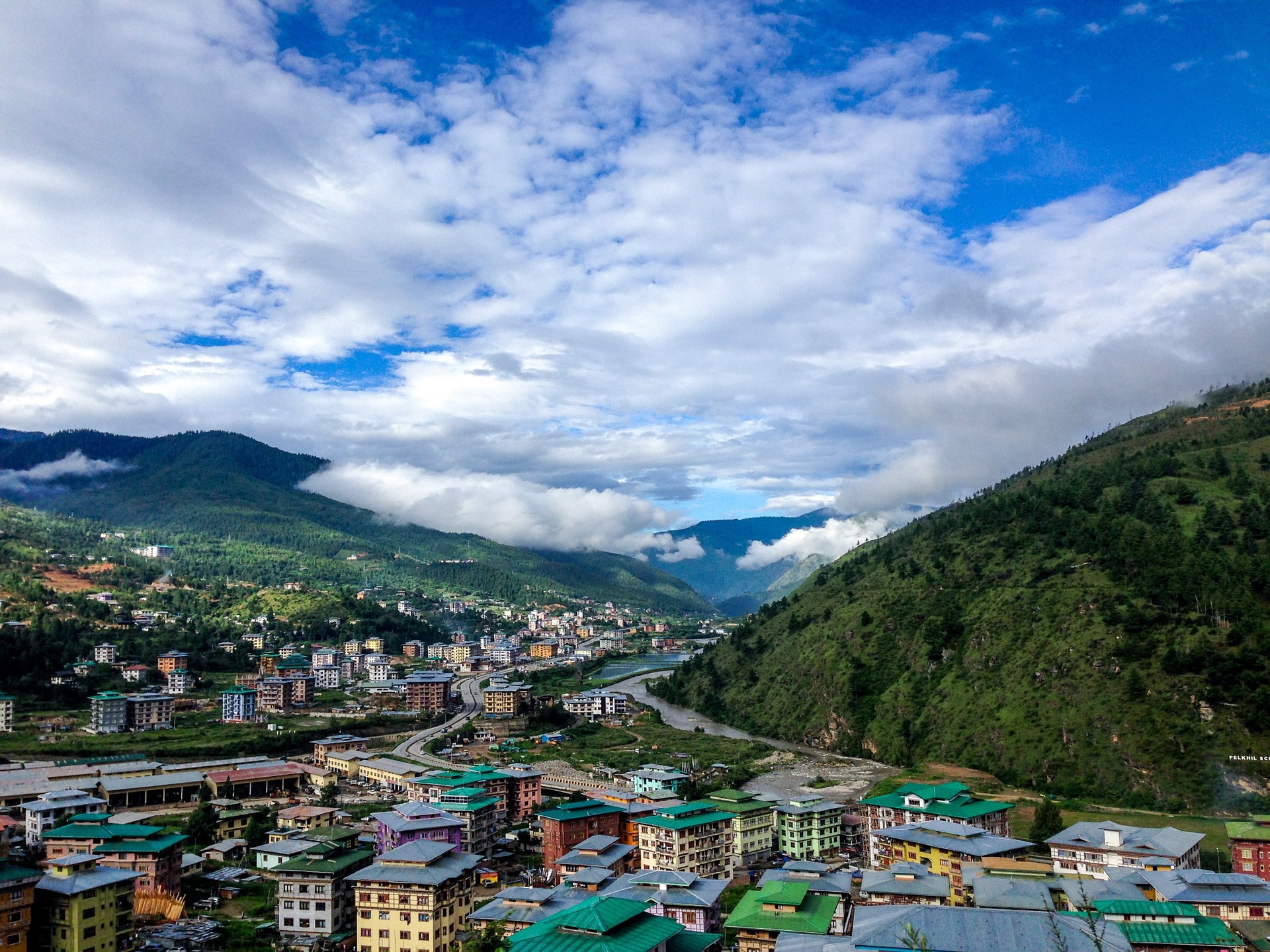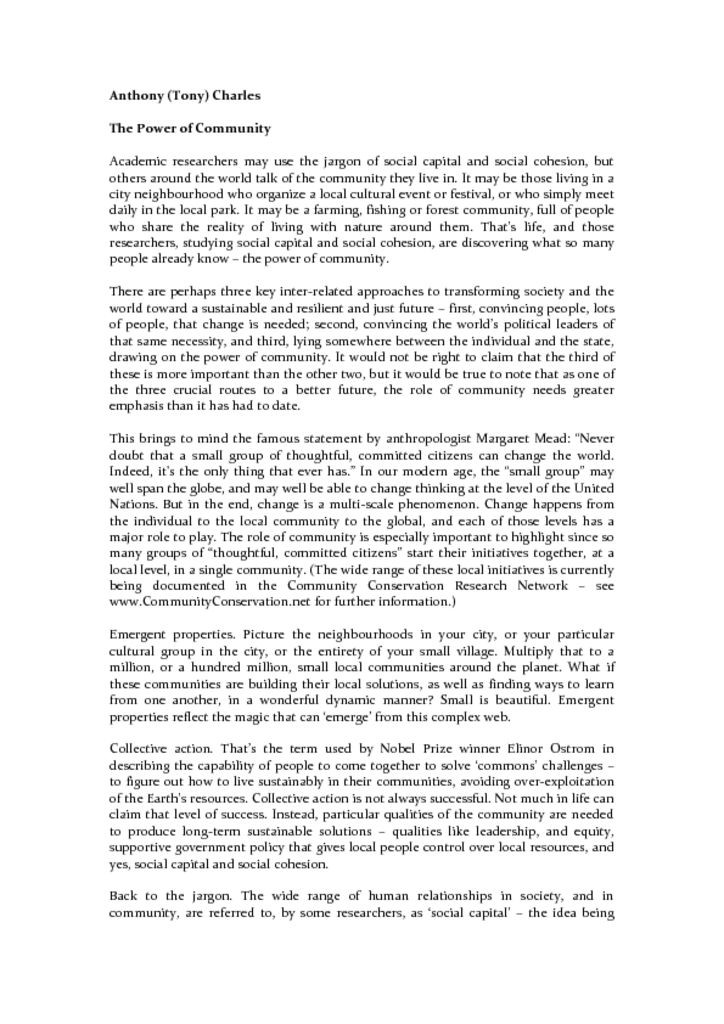
18 Mar The Power of Community
Bhutan’s New Development Paradigm (NDP) initiative was part of the worldwide effort to help define a new and more viable post-2015 global development agenda. An International Expert Working Group (IEWG), comprised of over 60 eminent international contributors with a wide range of expertise, was convened with the purpose to help the Royal Government of Bhutan draft the proposed new development paradigm (NDP) promoting wellbeing and happiness as a global goal through effective and pragmatic international public policies and practices.
The focus of the IEWG’s work was to articulate the goals of the new model, namely wellbeing and happiness, and to design its conceptual framework. The members of the IEWG were invited to submit short statements to help inform Bhutan’s NDP report, Happiness: Towards a New Development Paradigm. With these substantial contributions of the IEWG, the Steering Committee produced the NDP Report for submission to the UN. The original versions of individual and team contributions submitted to the Secretariat can be found here.
As a member of the IEWG, Dr. Anthony (Tony) Charles contributed a short statement on the Power of Community. Dr. Charles pointed out that a New Development Paradigm must explicitly draw on the strengths that lie in communities, that can support leaders seeking to move forward, that can implement the approaches coming from wise governments, and that can network with other communities, providing the emergence we need in order to succeed. Additionally, since not all communities worldwide are in a strong state, it is crucial to promote governmental policy measures that help to build community strength and enhance social cohesion.
The report, Happiness: Towards a New Development Paradigm was submitted to the UN in December 2013. The NDP was grounded in the principles of Gross National Happiness – the unique vision of human development first proposed by the 4th King of Bhutan, His Majesty Jigme Singye Wangchuck, in the early 1970s when he declared that “Gross National Happiness is more important than Gross National Product.”



